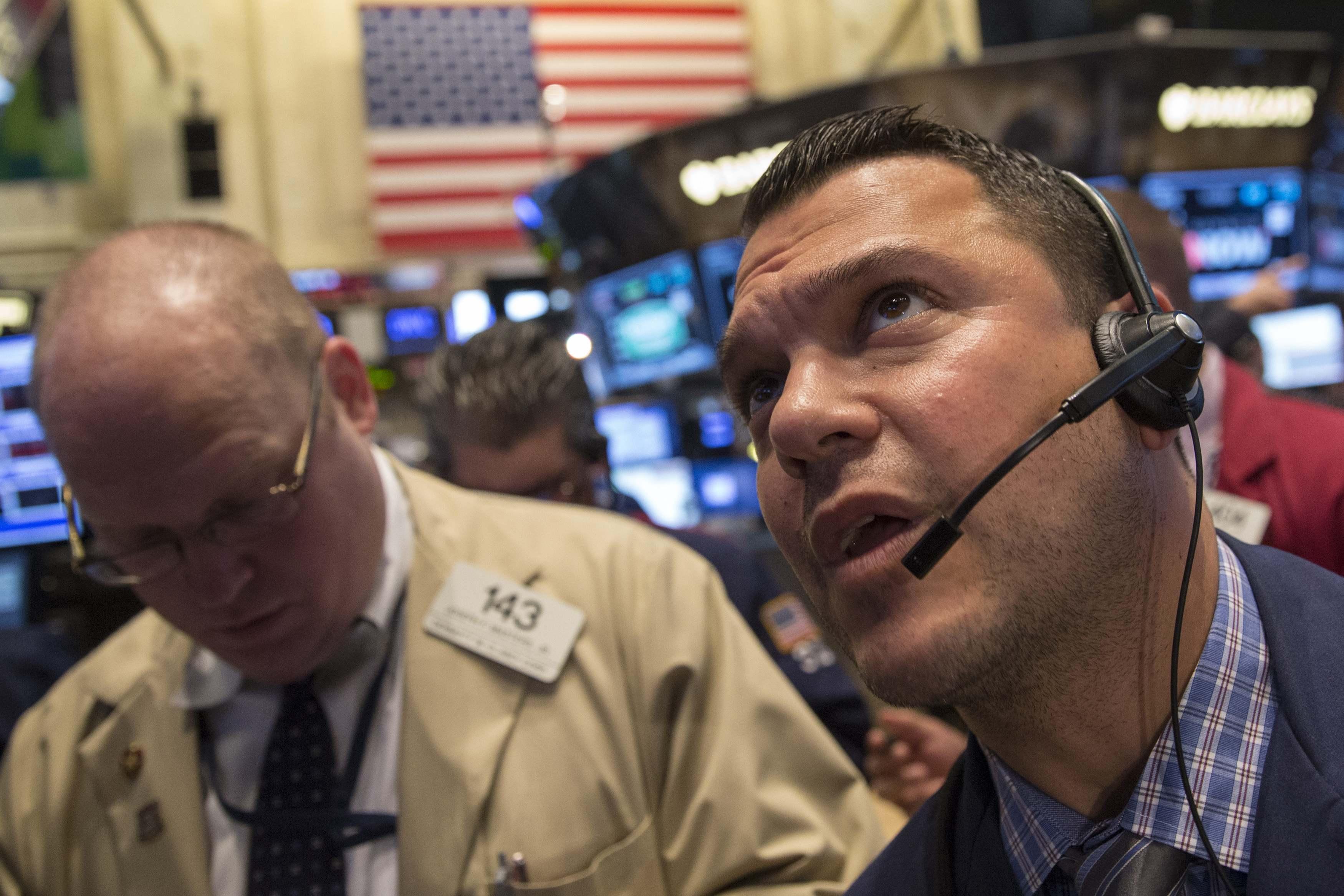As bank swaps trades come under rules, electronic trading ma
Most interbank trading is being recorded on SEFs even if does not yet fall under the rules.

Most interbank trading is being recorded on SEFs even if does not yet fall under the rules.
Bareksa.com - Three months after new trading requirements for the $300 trillion U.S. derivatives market were introduced, little of the market is operating as regulators intended, with mandates for most bank trades delayed and investors slow to embrace new trading systems.
That may start to change this month. Trades that package interest rate swaps and U.S. Treasuries, which comprise most interdealer interest rate activity, will fall under new trading rules from June 16.
Trading between dealers is estimated to represent around half the derivatives markets, with interest rates globally accounting for more than 80 percent of total derivatives volume.
Promo Terbaru di Bareksa
Trading on electronic trading platforms is the last major piece of U.S. reform meant to increase transparency and draw more competition to derivatives, after highly concentrated and opaque positions at banks were blamed for inflaming market panic in 2008.
Greater adoption of order books, common in stocks and other markets, would be the biggest change to privately traded derivatives in their 30-year history, allowing investors to trade without intermediaries.
But progress has been slow. Most trading on new venues, known as Swap Execution Facilities (SEFs), has been on request-based platforms, where investors seek prices from dealers.
Some asset managers are avoiding SEFs altogether, or reducing their activity, by trading overseas or using futures or forward-starting swaps, which are swaps that start days or weeks in the future and are currently exempt from the rules.
Laborious operational requirements, confusion over some regulations and restricted product offerings have been blamed for the slow take-up.
"There is a lot of uncertainty around SEFs," said Michael O'Brien, director of global trading at Eaton Vance. "It's not going to be a big bang."
The use of forward-starting swaps has risen to 73 percent of the market not trading on SEFs, from 54 percent in October, according to Clarus Financial Technology. Some of the percentage increase, however, may be due to the fact that the non-SEF market is shrinking.
The Commodity Futures Trading Commission said last month it would not enforce record-keeping requirements yet, as those rules have kept some investors away and the CFTC wants to increase trading on the platforms.
Dealers have also largely continued to trade with each other using brokers, with most of their trades not yet subject to the new rules. These rules require sourcing more than one price quote before trading, or using an order book.
There are some signs, however, that it is beginning to change.
ICAP, the world's largest interdealer broker, said on Wednesday that trading of U.S. dollar interest rate swaps on its order book rose to 23 percent of ICAP's volume in dollar rate swaps in May, up from 2 percent in January. It represents $17 billion in notional volume.
As interbank trades fall under the new trading rules this month, more activity may shift to the order books, boosting liquidity that may eventually also draw asset managers.
"I don't think we are going to see much change in interdealer volumes. We're already seeing most of the activity, but the behavior should change," said Tod Skarecky, senior vice president at Clarus.
Most interbank trading is being recorded on SEFs even if does not yet fall under the rules, with platforms run by traditional interdealer brokers including ICAP, Tullett Prebon and Tradition winning most dealer activity so far.
A number of electronic trading firms including Virtu Financial and KCG Holdings have also said they plan to trade swaps as the markets open.
Getting more traditional asset managers on order books, however, is expected to be a longer process.
U.S. rules require trading venues to be open to anyone, but trading so far has been bifurcated between venues that win interdealer business and others that get client trades.
But while banks have supported order book trading with each other, they may be more reluctant to back platforms that allow their clients to trade around them.
BUYSIDE COMPLICATIONS
For asset managers, mandates for packaged trades may also bring new complications.
One issue is that trades can involve two regulators, with swaps regulated by the Commodity Futures Trading Commission while Treasuries are governed by the Securities Exchange Commission (SEC).
Investors settle Treasuries with a broker the day after the trade is made, which requires a client to give up their anonymity. But CFTC rules are meant to ensure open and anonymous access to trading platforms.
"That may conflict with impartial access rules," said Kevin McPartland, an analyst at Greenwich Associates.
Another common trade by dealers and asset managers are so-called butterflies, which involve trading three interest-rate swaps of different maturities, betting that the shape of the interest rate yield curve will shift.
Some exemptions for these trades expired last month, and more roll off this month.
But trading platforms are only beginning to offer those trades and investors are wary of hitches as new products are offered with little testing. (Source : Reuters)
Pilihan Investasi di Bareksa
Klik produk untuk lihat lebih detail.
| Produk Eksklusif | Harga/Unit | 1 Bulan | 6 Bulan | YTD | 1 Tahun | 3 Tahun | 5 Tahun |
|---|---|---|---|---|---|---|---|
Trimegah Dana Obligasi Nusantara autodebet | 1.115,05 | - | |||||
STAR Stable Amanah Sukuk autodebet | 1.102,93 | - | - | ||||
Capital Fixed Income Fund autodebet | 1.880,84 | ||||||
Syailendra Sharia Fixed Income Fund | 1.075,4 | - | - | ||||
Insight Renewable Energy Fund | 2.321,92 |

Produk Belum Tersedia
Ayo daftar Bareksa SBN sekarang untuk bertransaksi ketika periode pembelian dibuka.
